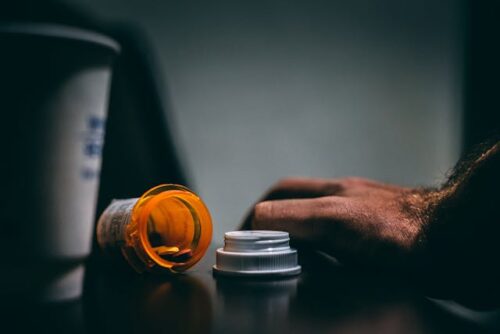
New Jersey state law dictates that it is illegal for a person to possess and/or distribute certain prescription drugs without a valid prescription. A valid prescription can come from any medical practitioner who is certified or licensed and has the legal ability to prescribe medication. Being convicted of possession or distribution of controlled substances is a serious crime that can be met with severe consequences. If charged and convicted you will surely walk away with life-changing penalties including a criminal record that can make it difficult to find work or housing. If you are facing drug-related charges, a skilled Bergen County, New Jersey drug crime lawyer can offer you sound legal advice and experienced representation.
What Drugs Require a Prescription in NJ?
There is an innumerable amount of drugs that can be prescribed by a medical professional. Some you can find over the counter in lower doses or with another name. Some, however, are what is known as a CDS (Controlled Dangerous Substance). There are generally five tiers of controlled substances, Schedule I through Schedule V. Schedule I drugs are highly addictive and have no recognized medical use in the United States. A Schedule II, III, IV, or V CDS is a substance that has a varying potential for addiction and abuse but also has some accepted medical use. These drugs have severe restrictions and are carefully monitored in an effort to prevent addiction.
Some examples of controlled addictive drugs that require a valid prescription can include the following.
- Morphine
- Codeine
- Amphetamine
- Oxycodone
- Fentanyl
- Methamphetamine
- Hydrocodone
- Hydromorphone
- Methadone
What Will Happen if I’m Convicted of Possessing Drugs Without a Prescription?
There are multiple charges you may face if you are arrested for possession or distribution of certain drugs without a valid prescription. The penalties can be harsh because of the severity of the crime. The following are some convictions you may face and their accompanying penalties. Note that each conviction will likely include additional consequences including mandatory community service, mandatory rehabilitation or drug programs, probation, and more.
Disorderly persons offense: Obtaining or possessing four or fewer doses of a drug which you do not have a prescription for.
- Fines up to $1,000
- Jail time up to 6 months
Fourth-degree indictable crime: Obtaining or possessing four or fewer doses of a drug which you do not have a prescription for with the intent to distribute it.
- Fines up to $10,000
- Jail time up to 18 months
Third-degree indictable crime: Obtaining or possessing five to 99 doses of a drug which you do not have a prescription for with the intent to distribute it.
- Fines up to $200,000
- Jail time of 3 to 5 years
Second-degree indictable crime: Obtaining or possessing 100 or more doses of a drug which you do not have a prescription for with the intent to distribute it.
- Fines up to $300,000
- Jail time of 5 to 10 years